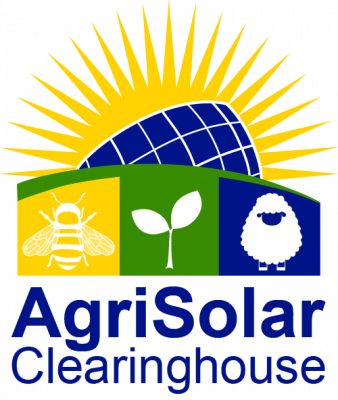This paper looks at the use of photovoltaic thermal air collectors (PV-T) and integrated greenhouse drying systems. It offers insights and data to aid scientists and researchers in the creation and improvement of thermal models for combined solar systems, and presents a detailed analysis of the current state of knowledge in the field of combined solar systems. It also identifies gaps in the existing research and suggests potential avenues for future investigation.
Tag Archive for: solar crop processing
This research was conducted to investigate the roasting capacity of a batch-type directly solar radiated roasting system for the decentralized processing of coffee using solar energy. Experimental results revealed that the roaster was capable of roasting a batch of 2 kg coffee beans in 20, 23, and 25 minutes subjected to light roasts, medium roasts, and dark roasts, respectively. The payback period of the solar roaster unit was estimated to be 1038 working sunshine hours, making it viable for commercialization.
This research details the design of a solar coffee roaster in rural Peru, and presents the result of experimental roasts. Researchers also discuss future improvements that could be made to the design.
This report describes a solar-powered pneumatic grain/seed cleaning system. The report stats that a solar powered pneumatic grain/seed cleaning system was developed with specific functional, structural and operational design parameters. The developed pneumatic cleaner was tested for garden pea, bottle gourd, sponge gourd and radish seed lots of different impurity levels. It was found that the processed lot achieved more than 99% physical purity irrespective of type of seed and impurity levels and the cleaning efficiency of the system was more than 96%.
This report describes the design and use of a solar-powered fruit and vegetable grader. This study demonstrates one of the innovative, agricultural engineering features that can be potentially used in the context of various agrisolar operations that include crops.
This report describes a low-cost, solar-powered, air-inflated grain dryer. Moisture levels measured during harvest and storage can fluctuate based on the design and efficiency of grain dryers. These solar-powered grain dryers have been shown to be effective in optimizing the moisture levels during the harvest process. These innovative technologies can possibly be used in various contexts of agrisolar operations that include crops.
This report describes the design and construction of a solar photovoltaic food dryer. The hybrid solar-energy dryer uses PV panels to power the heating element coil and charging battery which includes a storage energy system used to study drying behavior. Solar-powered dryers could be effective technologies to use in future agrisolar operations that include grain or other crops.
